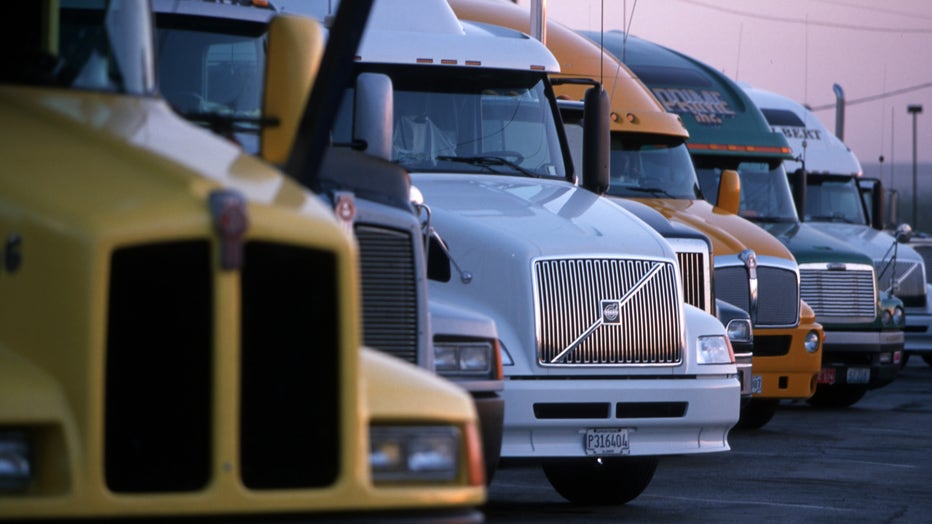California Air Resources Board makes uncommon concession to diesel truck manufacturers
SACRAMENTO, Calif. - In an almost unheard of move, the California Air Resources Board decided to compromise with diesel truck manufacturers and trucking associations that were suing the state over regulations they say were unobtainable in the time allowed. Like poker, when making truck emissions regulations, you got to know when to hold 'em and when to fold 'em.
California state air regulators and truck and engine manufacturers said on Thursday they had reached a give-and-take agreement that will give companies more flexibility in meeting ever-increasing emissions requirements. In effect, the air resources board backed off on some regulations. In return, they get an amount of certainty that the vehicles they want will eventually come. In one way, both sides actually won.
The most important requirement that stays in place is that half of all heavy-duty trucks sold in California will be electric by 2035.
"They're gonna stay on this timeline to bring out zero emission regardless of what future administration if somebody wanted to stop or delay that timeline," said Robert Ramarino, CEO of Hayward’s Roadstar Trucking.
To get there, the state will provide no less than four years lead time before imposing new standards and that any such new mandates will stay in place for at least three years before they can be changed. That gives manufacturers time to create the lowest cost, most widely used fuel motors.
"They don't have to build two separate engines, diesel engines, one for California, one for the rest of the country," said Western States Trucking Association executive Joe Rajkovacz.

(Photo by Joe Raedle/Newsmakers)
Nonetheless, truck makers are way behind on making enough zero-emission trucks and electric utilities are way behind providing massive scale infrastructure. "When you have thousands of trucks that have to plug in overnight, that amounts to be the equivalent of a small city," said Rajkovacz.
"It's gonna take like six or seven football stadium worth of electricity to charge just my small fleet here overnight," said Ramarino.
AB Trucking owner Bill Aboudi says, tens of thousands of port trucks along the California coast face a more immediate problem with existing, unflexible emissions rules. "We can't use them. They're too heavy for us and we can't charge them anywhere," said Aboudi. While some port trucks are grandfathered, in, once they reach a certain age or mileage, they are prohibited.
Ultimately, California plans to mandate, that by 2045, that virtually all heavy-duty and medium-duty vehicles produce zero emissions.

